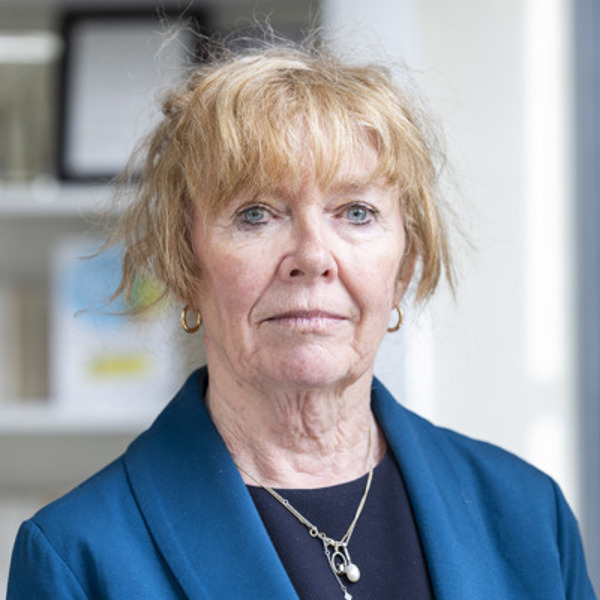From the President's Desk: What family law means to me and why women's involvement is far from 'cliché'


It has been an eventful and engaging month since my last column. The release of a Holyrood committee’s damning report into civil legal aid has given me even further motivation, as if that were needed, to push for urgent action to uplift fees and reform the system.
I also share the concerns of many of my colleagues working in the criminal justice system after the Scottish Parliament endorsed major changes headlined by scrapping the ‘not proven’ verdict.
On the other side of the ledger, it was a real delight to oversee my first admissions ceremonies as president last month, congratulating so many new members, and exciting also to announce the launch of the Law Society’s new International Committee.
Meeting so many of my talented colleagues in the first months of my presidency has led me to reflect on the enormous range of skills and specialisms that exist among the Law Society’s membership, and on the satisfaction that comes from working in my own area of expertise in family law.
When I first qualified in Canada, I initially resisted taking on any family cases. I had some notion that female lawyers doing family law was a cliché, which perhaps it was. Still, as a high-street practitioner I had to take on whatever cases presented themselves and by the time I left for Scotland I had a few divorces, separations and adoptions under my belt.
After qualifying in Scotland and on joining the Borders Regional Council as a legal adviser, I found myself primarily advising the social work and education departments on matters which, by their very nature, involved families and children.
A lot of my time was spent ensuring that actions to protect children didn’t go beyond the conferred legislative powers, and in doing so I developed a good understanding of the parameters of those powers.
That understanding came in handy 13 years later when I went into private practice and began taking instructions from parents and others who took the view that the local authority – more particularly, the social work department – had abused or overstepped their powers.
I’ll be honest in saying that most of what I saw social workers doing was definitely for the benefit of the children involved, but having a solicitor who understood the legislation from both perspectives gave the parents some reassurance. It allowed them to give more consideration to engaging with social work in an effort to improve the situation for their children.
While such cases are a substantial proportion of children and family law court work, a much bigger chunk involves separation and divorce. Fortunately, a lot of separating couples are able to resolve their issues in connection with their children and finances in a fairly responsible and amicable way; however, for various reasons there are former couples who are unable to agree on anything and seek the advice of a family solicitor, hoping either for a reconciliation or for vindication. The challenge in both cases is to address their expectations.
Once I was in private practice I was also appointed by the courts as a child welfare reporter and a curator, and by Children First as a safeguarder and/or curator. In contentious cases involving separation, child welfare reporters are asked by the court to investigate – usually by seeking the views of children but also by speaking to family members, teachers and social workers – and then to make recommendations to the court.
There are two kinds of court-appointed curators. The first is appointed in adoption applications to ensure consent has been given or at least provided for where required. The second is appointed particularly in relation to an adult whose capacity is being questioned but who is opposed to the application. In effect, the role of the curator in those circumstances is to be the voice of the adult without being obliged to take their instructions.
Children’s Hearings panels also have the ability to decide that they need independent information and they will ask that a safeguarder be appointed. Like the child welfare reporter, they have a responsibility to make enquiries and in most situations get the views of the children.
It shows how much satisfaction I gained from this work that, once I retired, I continued with these appointments. I must say I enjoyed the freedom of being able to recommend what I honestly felt was in the best interests of the children or vulnerable adults in these cases, without being bound by the instructions of a client.
So, I have to say that despite my initial reservation I’ve really enjoyed my career in child and family law. Beyond the obvious need for empathy and connection, the law is quite technical and constantly evolving. I’ve done my best to summarise that complexity here, but it’s essential that child and family solicitors update their knowledge and understanding on an ongoing basis. The Law Society has an extremely well-connected and active Child and Family Law Sub-Committee and fortunately it is constantly being consulted on any proposals for change.







